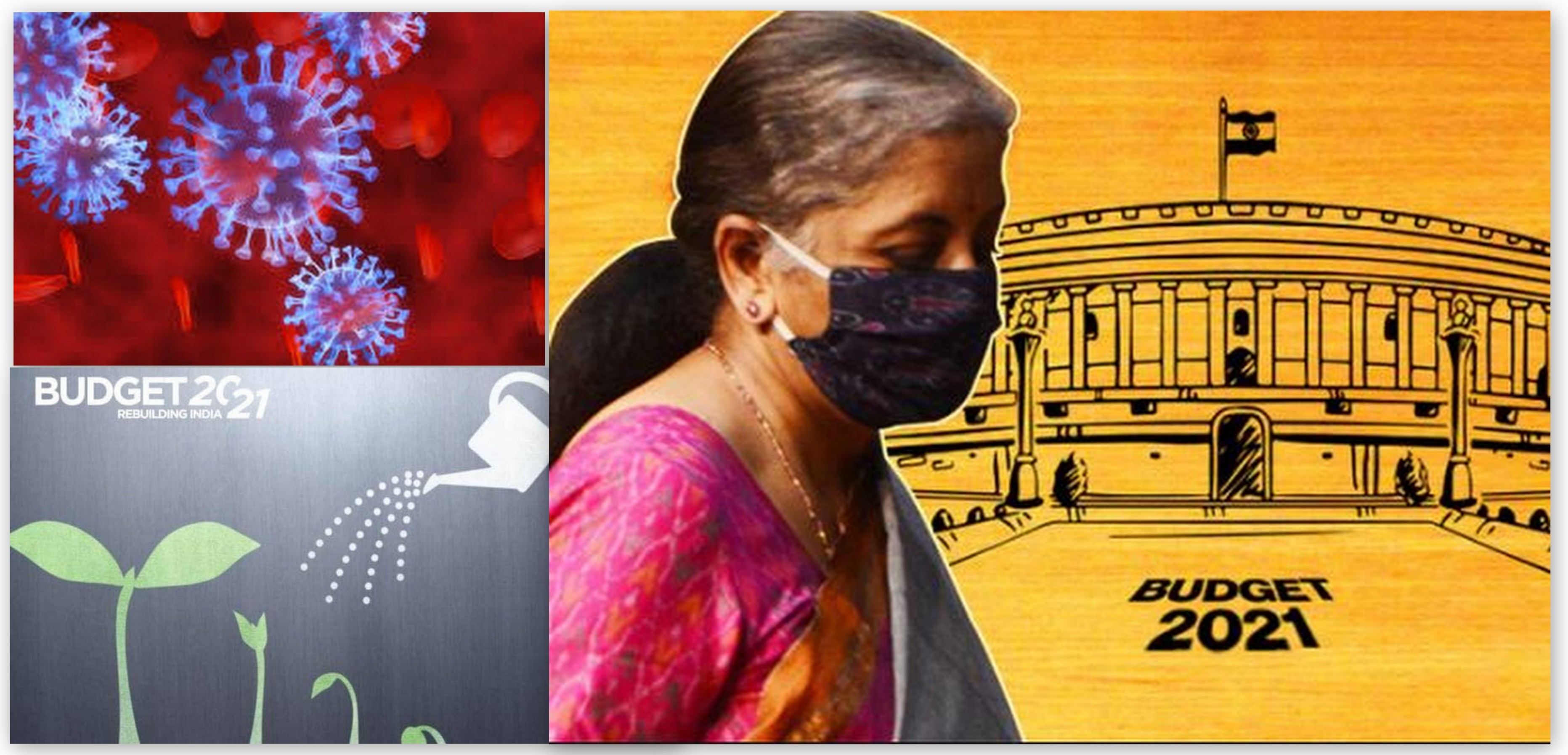Finance Minister Nirmala Sitharaman said that the Union government has decided to set aside ₹35,000 crore for coronavirus vaccine in the FY- 2021-22. She made this announcement while presenting the Union Budget on Monday, with the promise that more money will be committed if needed.
This is the first time that the government has announced monetary commitment at this scale and, back-of-the-envelope calculations showed that it could be enough to buy 1-1.5 billion doses, taking into account rates that India has already been able to negotiate with vaccine makers.
“Two or more vaccines are expected soon, and I allot ₹35,000 crore for Covid-19 vaccines in 2021-22, and [am] committed to providing more funds, if required,” said Sitharaman.
At present, India has two vaccines, Covishield manufactured by Serum Institute of India and Bharat Biotech-made Covaxin. While Covishied has been purchased at around ₹200 per dose, Covaxin costs roughly ₹295 a dose. The amount committed on Monday will buy 1.6 billion doses of the SII-made vaccines and 1.1 billion of Bharat Biotech-made doses. Both need to be taken in two doses, four weeks apart.
Also See: New mutants of Covid19
A statement from the health ministry said, “The experiences of the country’s year-long fight with Covid have shaped the Union Budget. This will give a tremendous boost to India’s health infrastructure. The Covid-19 vaccination drive was inaugurated on January 16 and is presently being given to Health Care Workers and the Frontline Workers; others along the priority pyramid will be given the vaccine in coming times. The Union finance minister has allocated ₹35,000 Cr for it and also stated that she will provide more funds if required, which will be a huge boost to the morale of the country.”
India aims to vaccinate at least 300 million high-risk people in the first phase of Covid-19 vaccination drive, which is expected to last till August. The government has said that for now, it will bear the cost of vaccinating this high-risk population. As on Monday, 3.7 million health care workers were given Covid-19 vaccine doses.
Also Read: Survey shows that in Delhi NCR the vaccine hesitancy is at 39 percent
Vaccine manufacturers said specifically that allocating funds for Covid-19 vaccines was a positive step. “It is a great step ahead, and far-reaching budget announcement, providing ₹35,000 crore for Covid-19 vaccination in 2021-22. The finance minister’s commitment of providing more funds in order to contain the coronavirus pandemic spread in the country and provide an effective, smooth path for the vaccination scheme will help contain the disease, and lead our nation towards accomplishing a Covid-19 disease-free Bharat,” said Krishna Ella, chairman, and managing director, Bharat Biotech.
Adar Poonawalla, the CEO of SII, said, “Globally, spending on healthcare infrastructure and vaccines have given countries and their economies the best bang for their buck. Investments in these areas have prevented hospitalizations and resulted in a healthier and more productive workforce, thereby leading to an efficient economy. Therefore we welcome the FM’s emphasis on healthcare spending, and immunization especially for Covid-19 and the pneumococcal vaccines as this will help India recover rapidly from this pandemic. Hopefully, this will also encourage more innovation and expansion in the sector.”
The finance minister also announced that the made-in-India pneumococcal vaccine that is currently being used in children in five states will be expanded to other states. The vaccine saves children from fatal health conditions such as pneumonia, meningitis, and sepsis.
“The pneumococcal vaccine, a made-in-India product, is presently limited to only 5 states, & will be rolled out across the country. This will avert more than 50,000 child deaths annually,” Sitharaman said.
Every year nearly 67,800 children under the age of 5 die from pneumococcal diseases. In 2018, recognizing its widespread fatality, the World Health Organization recommended the inclusion of Pneumococcal Conjugate Vaccine (PCV) in routine childhood immunization programmes in all countries.





